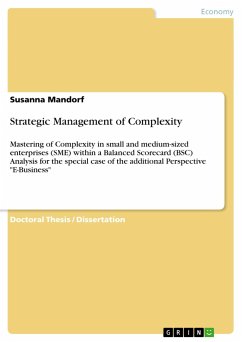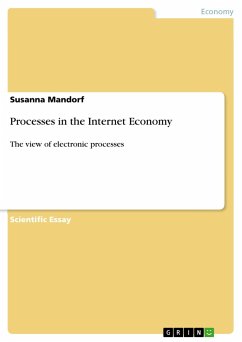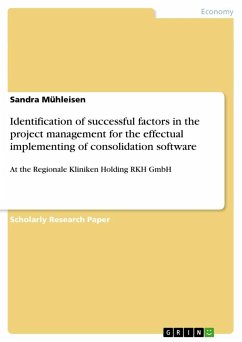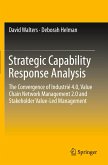Doctoral Thesis / Dissertation from the year 2009 in the subject Business economics - Business Management, Corporate Governance, grade: A, Comenius University in Bratislava (Department of Management), course: Corporate Management, language: English, abstract: KAPLAN/NORTON suggested an enlargement or change of the BSC perspectives to be able to adjust the scorecard system to the individual situation of each company. They were aware that their four classic perspectives were not the central dimensions for every time, but need to be adjusted, when the economic environment of a company changes. Exactly such a change happened, when the digital economy appeared. That is a main reason, why a new perspective is important to consider the e-business strategy.In practice most of the SME use only the four basic perspectives that are described in the fundamental literature. They do neither dare to create alterations of the perspectives nor to change or modify the shown procedure. These companies need a support, how to add the e-business perspective to consider the digital economy. For this reason it is necessary to give stimulation to the business practice, how to handle goals, structures and initiatives of such a new perspective. There is a permanently increasing supply of hardware and software solutions to support or partly take over the processes of the company.The balanced scorecard respects soft facts in its calculations. In the digital economy these soft facts become more and more important. In former times the managing directors of SME often ignored the knock-on effect of soft facts. They orientated mainly about financial figures. But the digital economy has to consider different strategies. Some statistics depict that even up to 80% of a company's profits in the digital economy depend on soft facts. Managers have to learn dealing with soft facts and intrinsic values. As DRUCKER says, the experience of every employee can be used as a source of value added. An employee can never be trained or involved too much, because he/she has a big financial stake in the outcome. When the traditional managers felt threatened by change, bothered by uncertainty, because they preferred predictability and wanted to inclined to change the status quo, now the entrepreneurial manager must be confident in his abilities and has to seize every opportunity for a restructuring.








